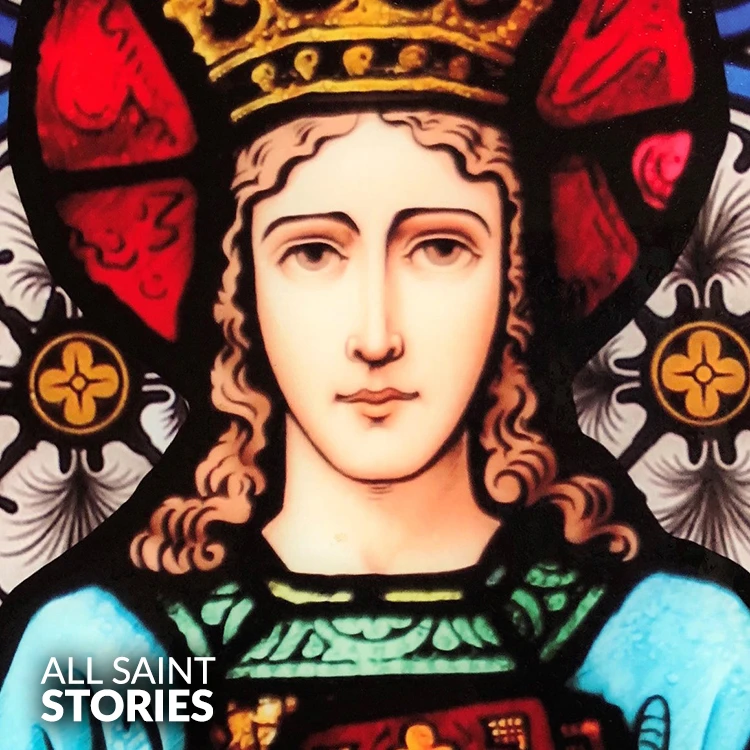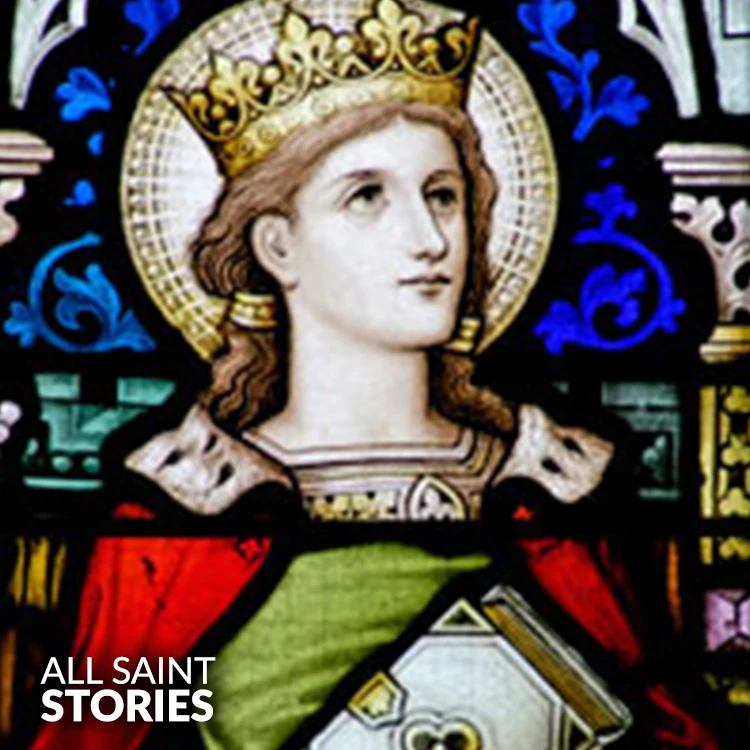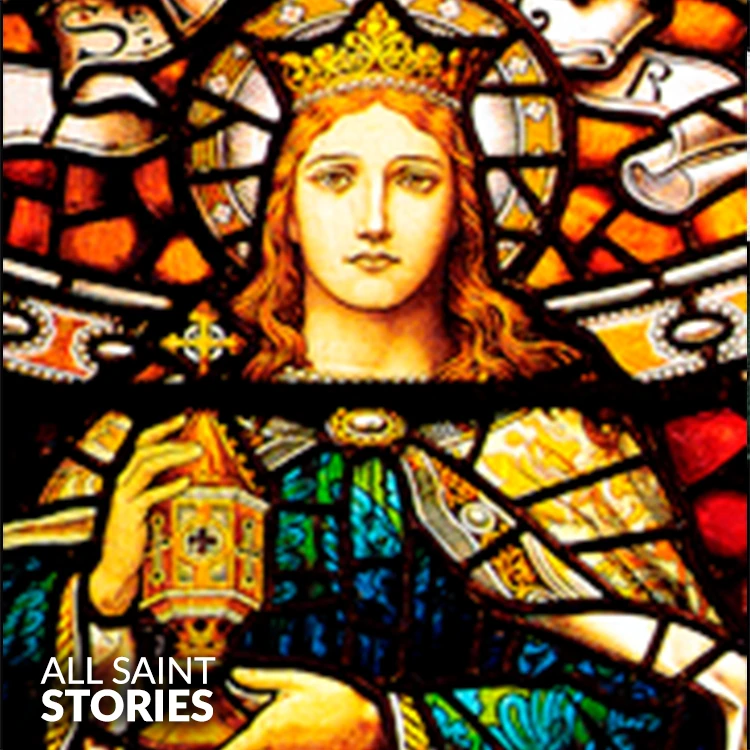Saint Margaret of Scotland, faithful servant of God, guide us with your example of humility, compassion, and dedication to others. Help us to love and serve those in need with the same generosity and grace that you showed throughout your life. Intercede for us before the Lord, that we may be blessed with strength, wisdom, and courage to live our faith with joy and compassion. Amen.
ST. MARGARET OF SCOTLAND
ST. MARGARET OF SCOTLAND

St. Margaret of Scotland, born in 1045, was a queen consort of Scotland and a revered Christian saint. Known for her deep piety and charitable works, she promoted religious reforms, supported the building of churches, and improved the spiritual life of Scotland. She was canonized in 1250 and is celebrated on November 16.
St. Margaret of Scotland, also known as Margaret of Wessex, was born in 1045 to Edward the Exile, a member of the English royal family, and Agatha, a German princess. She spent her early years in exile in Hungary after her father’s family was ousted from England. In 1069, after the death of her father, Margaret and her family were invited to return to England by her cousin, King Edward the Confessor. However, their ship was blown off course, and they landed in Scotland, where they were received by King Malcolm III of Scotland.
In 1070, Margaret married King Malcolm III, and as his queen consort, she became a powerful figure in Scotland. St. Margaret was deeply religious and worked tirelessly to reform the Scottish Church. She promoted the Benedictine monastic reform, focusing on strengthening Christian practices in the kingdom. Under her influence, churches and monasteries were built, and she encouraged the education of the clergy.
Margaret’s charity was notable, as she used her position to care for the poor, widows, and orphans. She was known for her generosity and kindness. Despite being a queen, Margaret’s daily life was marked by piety and devotion to both her faith and her family. She was also instrumental in the development of Scottish Christianity, working to strengthen ties with the Pope.
She had eight children, including Edgar, Alexander I, and David I, who would later become kings of Scotland. After the death of her husband, King Malcolm III, in 1093, Margaret’s health declined, and she passed away just days after hearing the news of his death. Her canonization came in 1250 by Pope Innocent IV, recognizing her holiness and her contributions to the Christian faith in Scotland.
Margaret was buried in Dunfermline Abbey in Scotland. She is venerated as one of the patron saints of Scotland, and her feast day is celebrated on November 16. Her life exemplified Christian charity, leadership, and devotion, and she remains a key figure in the history of Scottish Christianity.
Video Not Found
The information on this website is compiled from various trusted sources. While we aim for accuracy, some details may be incomplete or contain discrepancies.
If you notice any errors or have additional information about this saint, please use the form on the left to share your suggestions. Your input helps us improve and maintain reliable content for everyone.
All submissions are reviewed carefully, and your personal details will remain confidential. Thank you for contributing to the accuracy and value of this resource.
Credits & Acknowledgments
- Anudina Visudhar (Malayalam) – Life of Saints for Everyday
by Msgr. Thomas Moothedan, M.A., D.D. - Saint Companions for Each Day
by A. J. M. Mausolfe & J. K. Mausolfe - US Catholic (Faith in Real Life) – Informational articles
- Wikipedia – General reference content and images
- Anastpaul.com – Saint images and reflections
- Pravachaka Sabdam (Malayalam) – Saint-related content and insights
We sincerely thank these authors and platforms for their valuable contributions. If we have unintentionally missed any attribution, please notify us, and we will make the correction promptly.
If you have any suggestion about ST. MARGARET OF SCOTLAND
Your suggestion will help improve the information about this saint. Your details will not be disclosed anywhere.
© 2026 Copyright @ www.allsaintstories.com






 English
English
 Italian
Italian
 French
French
 Spanish
Spanish
 Malayalam
Malayalam
 Russian
Russian
 Korean
Korean
 Sinhala
Sinhala
 Japanese
Japanese
 Arabic
Arabic
 Portuguese
Portuguese
 Bantu
Bantu
 Greek
Greek
 German
German
 Dutch
Dutch
 Filipino
Filipino